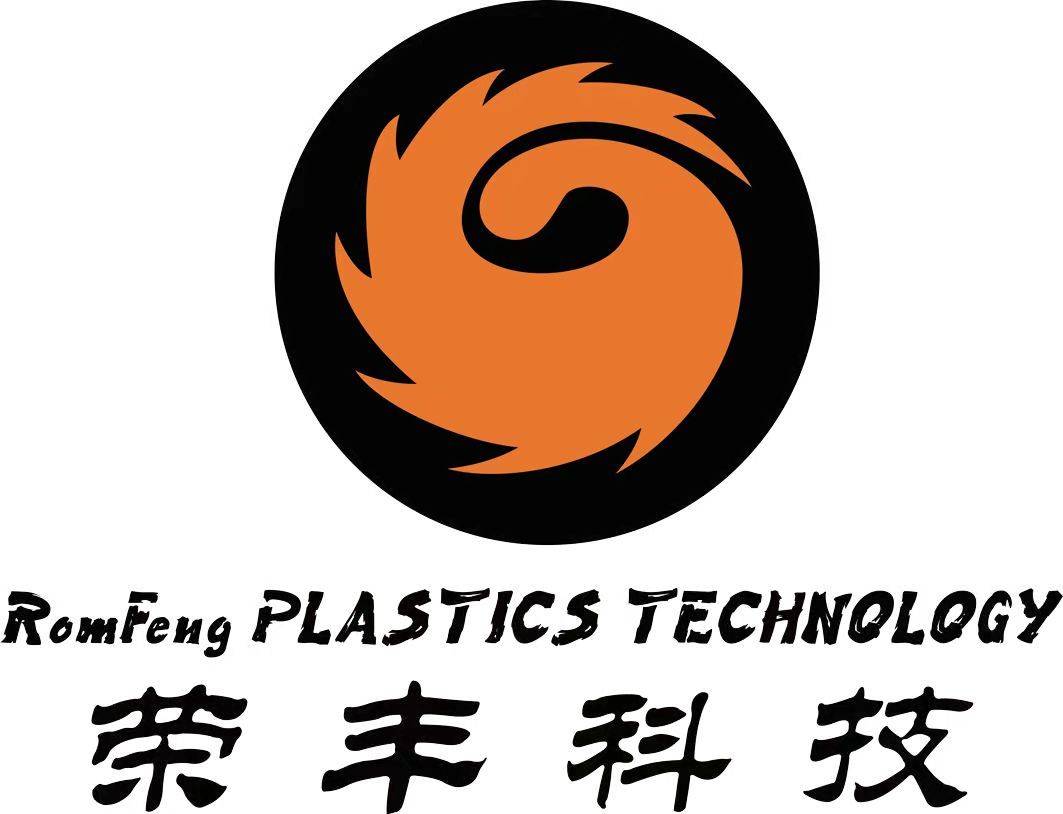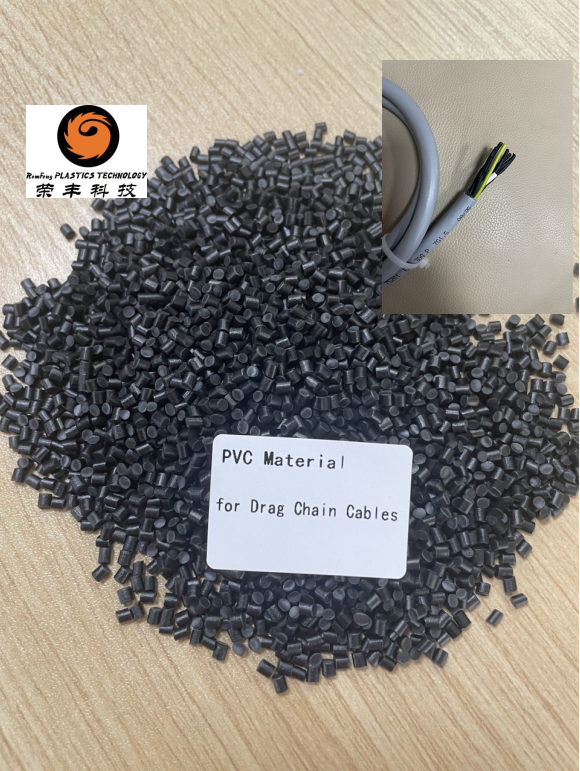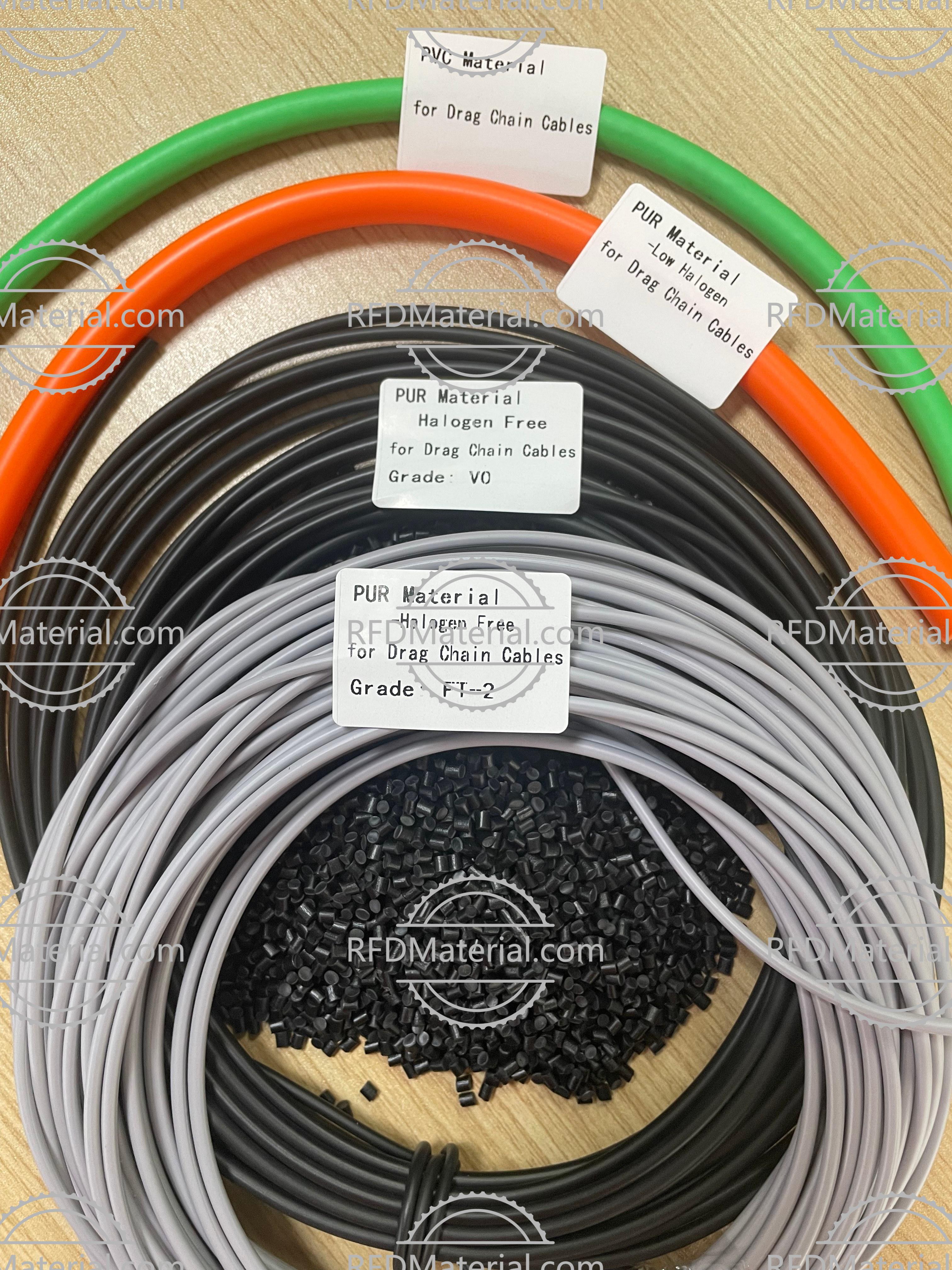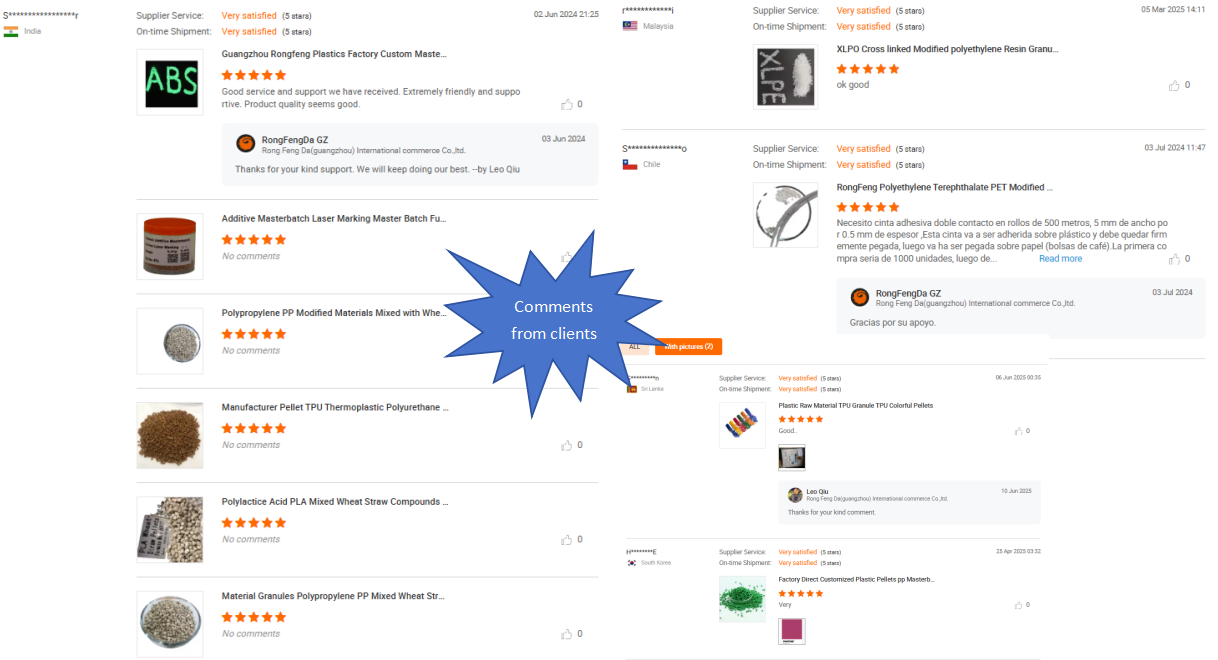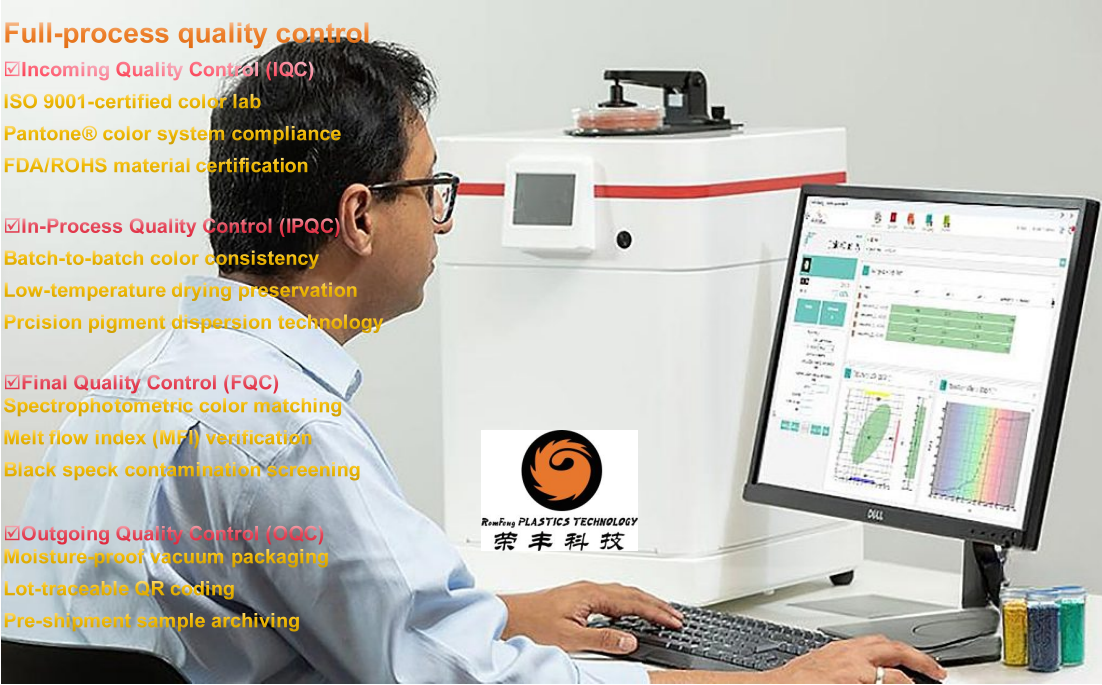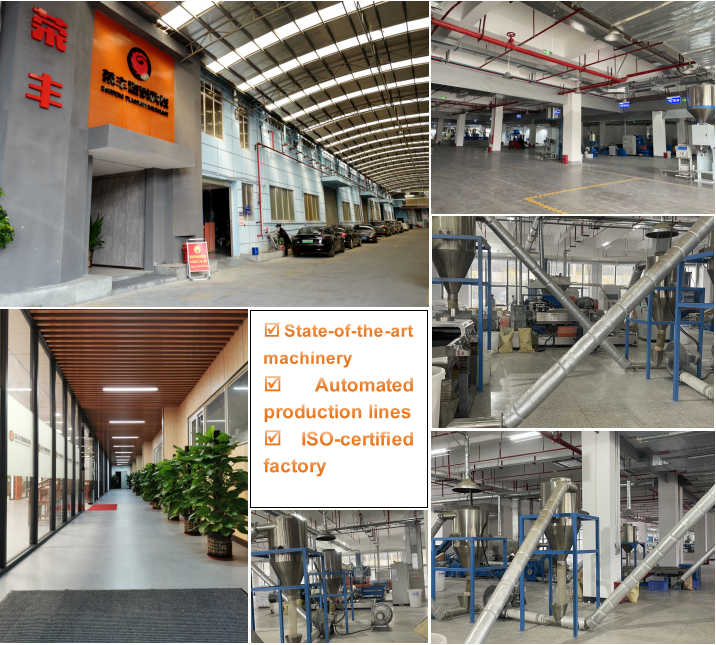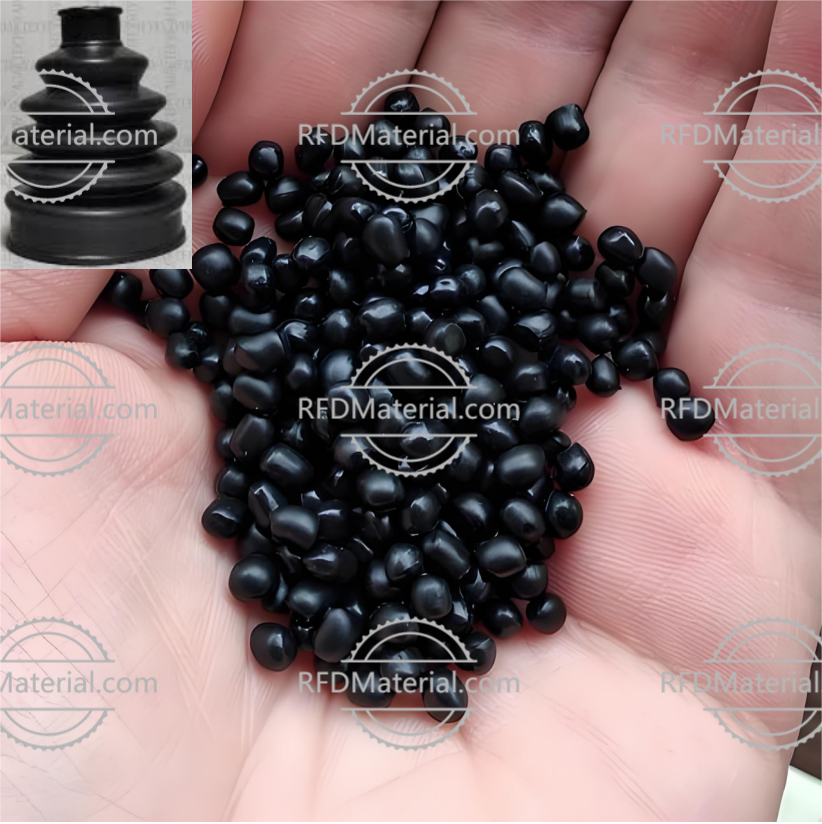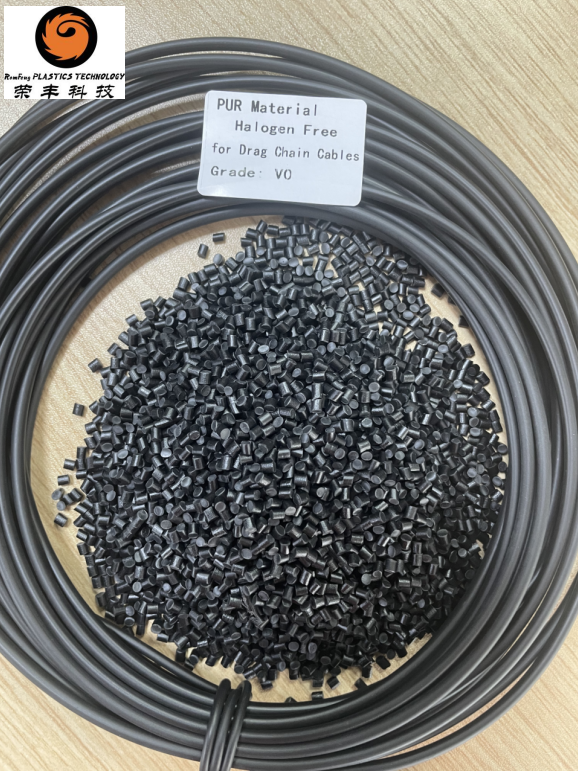PRODUCTS
PVC Modified Materials for Drag Chain Cables
PVC (Polyvinyl Chloride) is a common jacket material for cables used in drag chains (energy chains), valued for its balance of properties and cost-effectiveness. Key advantages include: Good Abrasion Resistance: Withstands constant movement and rubbing inside the chain. Flexibility: Plasticizers allow sufficient bending for tight radii. Chemical & Weather Resistance: Protects conductors from oils, coolants, light chemicals, and UV exposure. Halogenated: Offers inherent flame retardancy. Cost-Effective: Generally cheaper than alternatives like TPE/PUR. However, standard PVC has limitations: Stiffens at Low Temperatures: Can crack in very cold environments. Limited High-Flex Cycles: Plasticizers can migrate out over time, causing hardening and cracking, making it less suitable for very high-flex or high-speed applications than PUR or TPE. Temperature Range: Typically limited to -5°C to +70°C or -10°C to +80°C for chain-compatible formulations. PVC is ideal for moderate-flex, cost-sensitive drag chain applications within its temperature limits.
Categorize:
Modified Materials For Wires And Cables
Keyword:
**PVC Modified Materials for Drag Chain Cables**
In the modern industrial landscape, the reliability and efficiency of machinery are paramount. One of the key components that significantly contribute to these attributes is the drag chain cable. These cables are designed to provide power and data transmission in dynamic environments, where movement is constant and conditions can be harsh. To enhance their performance, manufacturers often turn to modified materials, particularly polyvinyl chloride (PVC). This article explores the advantages, applications, and innovations associated with PVC modified materials for drag chain cables.
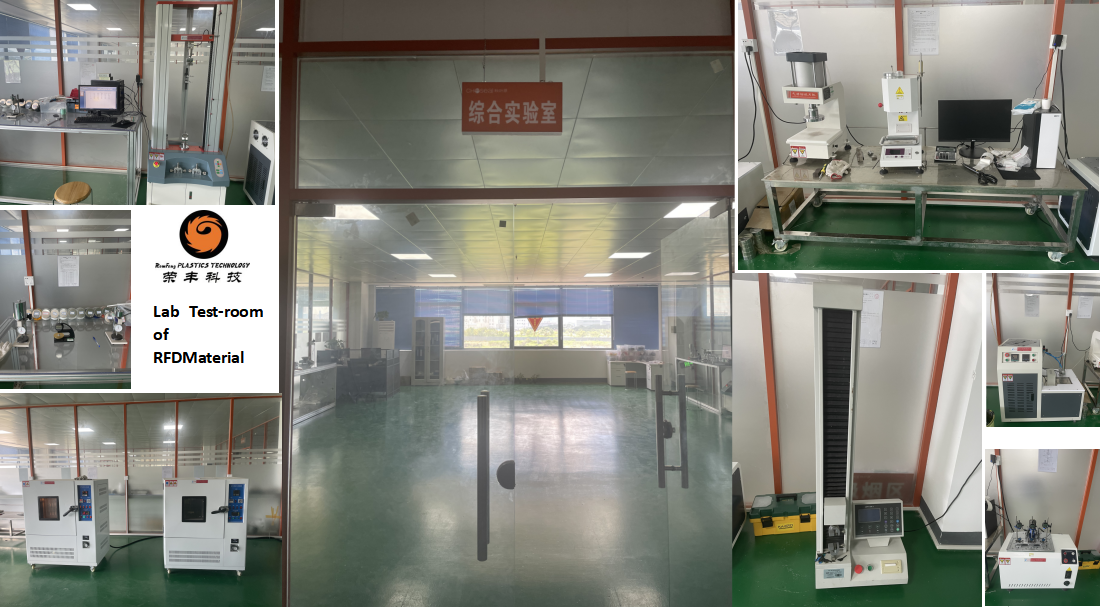
**Understanding Drag Chain Cables**
Drag chain cables, also known as energy chain cables, are specialized cables that are used in conjunction with cable carriers. These carriers protect the cables as they move back and forth in a repetitive motion, often in industrial machines such as CNC machines, robotic arms, and conveyor systems. The design of these cables must accommodate flexibility, resistance to wear, and protection against environmental factors.
The materials used in drag chain cables play a crucial role in determining their lifespan and functionality. Traditional materials often fall short in providing the necessary durability and flexibility required for demanding applications. This is where PVC modified materials come into play.
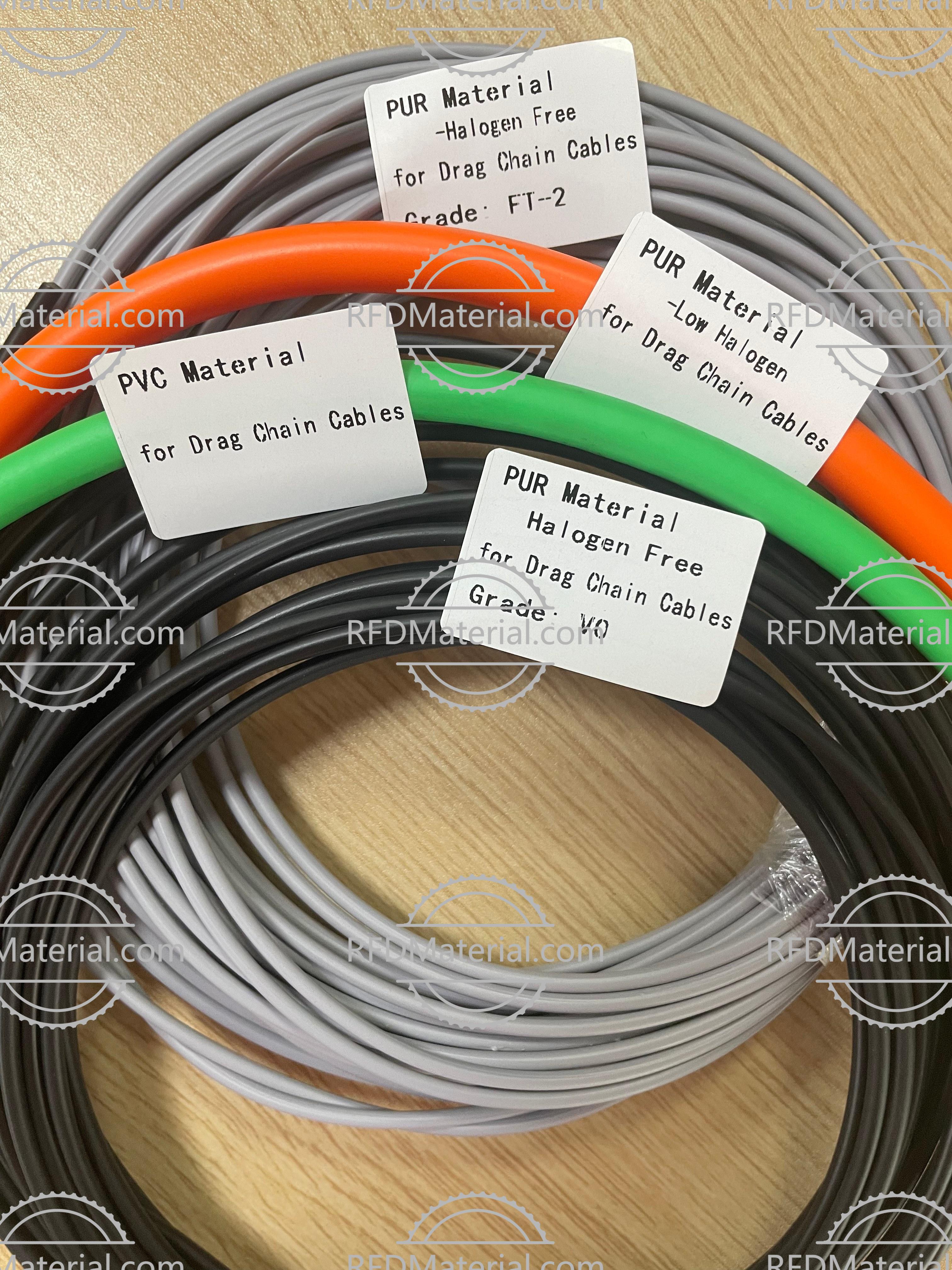
**Advantages of PVC Modified Materials**
PVC is a widely used thermoplastic that has been modified to improve its properties for specific applications. When it comes to drag chain cables, the modification of PVC can yield several advantages:
1. **Enhanced Flexibility**: Modified PVC can be engineered to be more flexible than standard PVC. This flexibility is crucial for drag chain cables, as they need to bend and twist without breaking or losing functionality.
2. **Improved Abrasion Resistance**: In environments where cables are subject to constant movement and friction, abrasion resistance is vital. PVC modified materials can be formulated to resist wear and tear, prolonging the life of the cable.
3. **Chemical Resistance**: Many industrial settings expose cables to various chemicals, oils, and other hazardous substances. Modified PVC can be designed to withstand these chemicals, ensuring that the cables maintain their integrity and performance.
4. **Temperature Tolerance**: Depending on the application, drag chain cables may be subjected to extreme temperatures. PVC modified materials can be tailored to endure higher or lower temperatures, making them suitable for a wider range of environments.
5. **Cost-Effectiveness**: PVC is generally less expensive than many alternative materials, and when modified, it can still provide high performance. This makes it an attractive option for manufacturers looking to balance cost and quality.
**Applications of PVC Modified Drag Chain Cables**
The versatility of PVC modified materials allows them to be used in a variety of applications across different industries. Some notable applications include:
1. **Manufacturing and Automation**: In automated production lines, drag chain cables are essential for powering machinery and transferring data. The flexibility and durability of PVC modified cables make them ideal for these fast-paced environments.
2. **Robotics**: As robotics technology advances, the need for reliable and flexible cable systems increases. PVC modified cables can withstand the rigorous movements of robotic arms while providing consistent power supply.
3. **Cranes and Hoists**: In the construction and shipping industries, cranes and hoists require robust drag chain cables that can handle heavy loads and frequent motion. PVC modified materials offer the strength and resilience needed for these demanding applications.
4. **Textile and Printing Machines**: In textile manufacturing and printing, drag chain cables must endure constant movement and exposure to various chemicals. The chemical resistance of modified PVC makes it a suitable choice for these applications.
**Innovations in PVC Modified Materials**
The field of material science is constantly evolving, and innovations in PVC modification are paving the way for even better drag chain cables. Recent advancements include:
1. **Nano-Composite Materials**: By incorporating nano-particles into PVC, manufacturers can enhance the mechanical properties and thermal stability of the material. This leads to cables that are not only more durable but also lighter, improving efficiency.
2. **Biodegradable PVC**: As sustainability becomes a focal point in manufacturing, the development of biodegradable PVC modified materials is gaining traction. These materials can reduce environmental impact while maintaining performance standards.
3. **Smart Cables**: The integration of sensors into drag chain cables allows for real-time monitoring of cable conditions. Modified PVC can be utilized in these smart cables, ensuring that they are both flexible and capable of housing advanced technology.
**Conclusion**
In conclusion, PVC modified materials have become a cornerstone in the production of drag chain cables. Their unique properties, including enhanced flexibility, abrasion resistance, and chemical stability, make them ideal for a variety of demanding applications. As industries continue to innovate and seek out more efficient solutions, the importance of PVC modified materials will only grow. By embracing these advancements, manufacturers can ensure that their drag chain cables meet the high standards required in today's fast-paced industrial environments. The future of drag chain cables looks promising, and PVC modified materials will undoubtedly play a significant role in shaping that future.
Certification
We rely on science and technology to create great achievements, and we see real achievements in the details. Every step of the way, my team and friends and I feel solid.
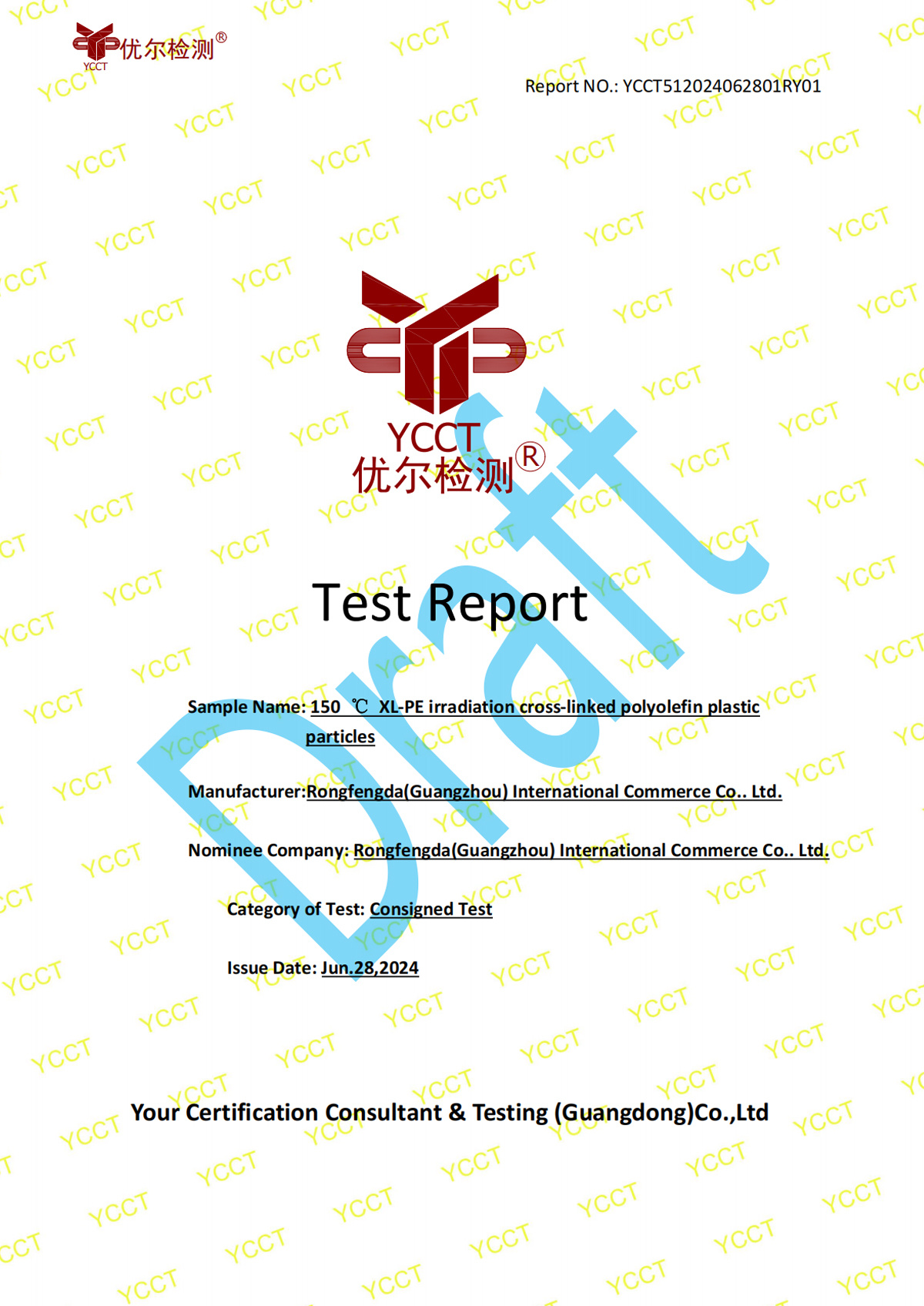

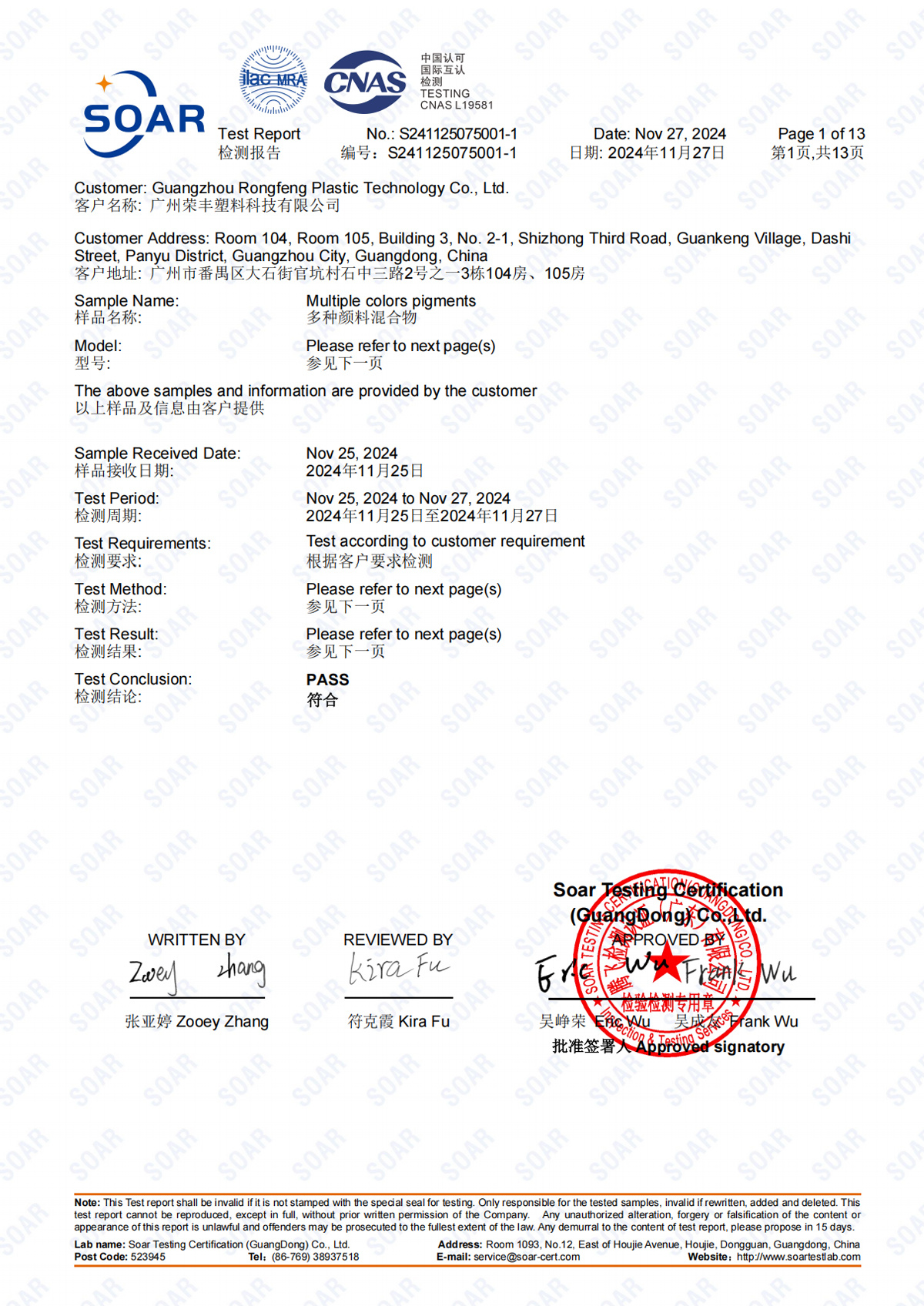
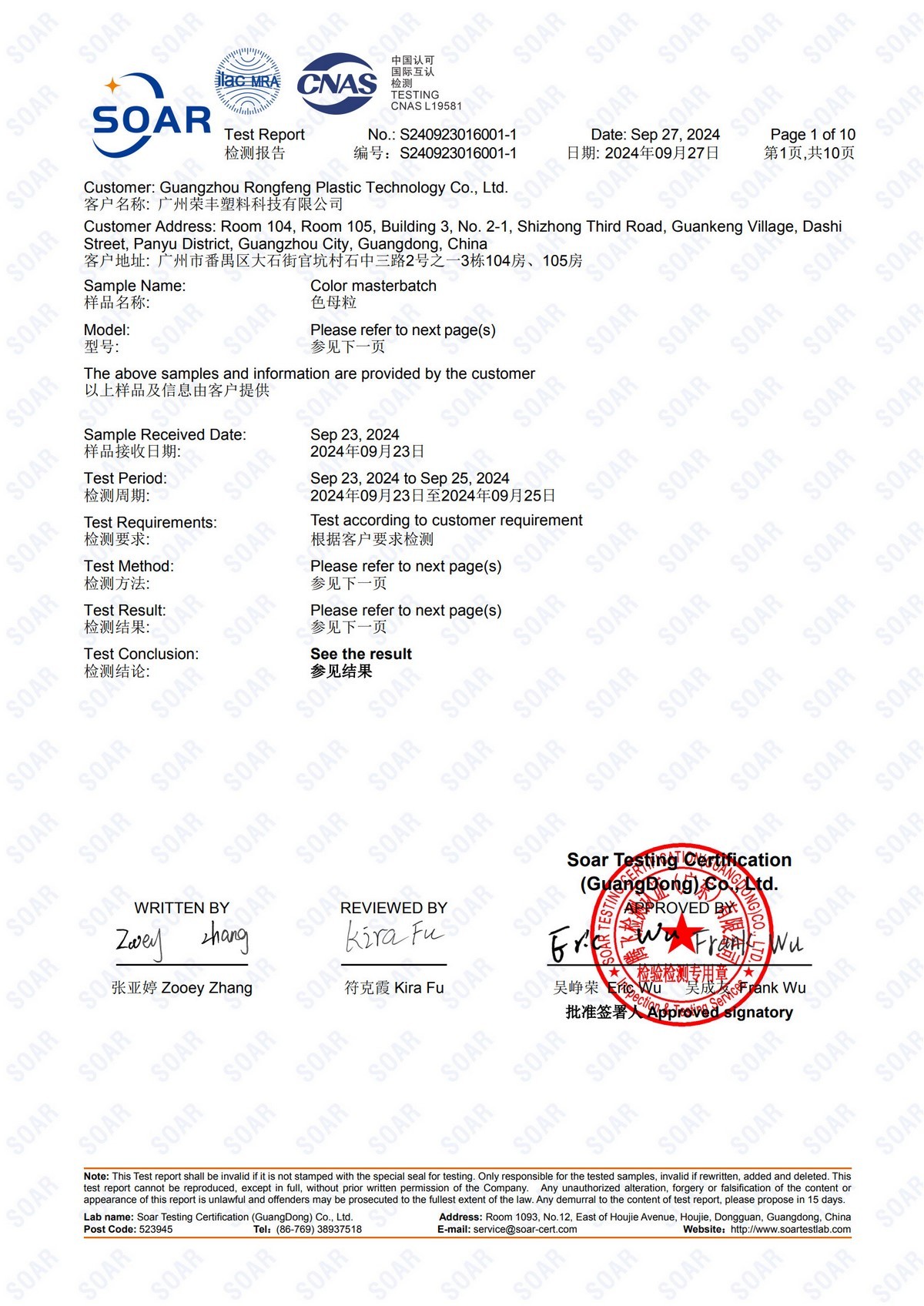
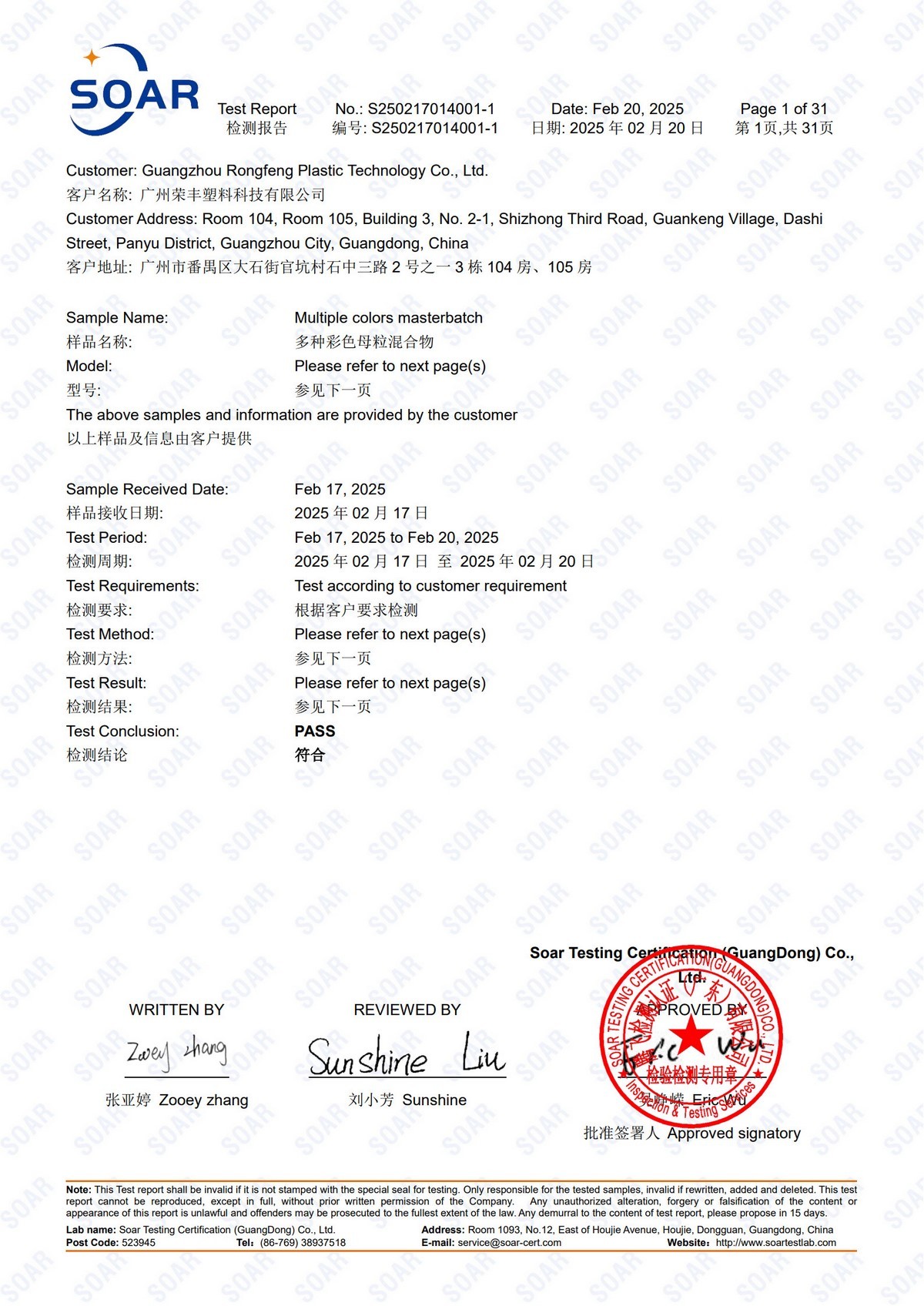
Get in Touch
You can contact us any way that is convenient for you. We are available 24/7 via fax or email. You can also use a quick contact form below or visit our salon personally. We would be happy to answer your questions.
